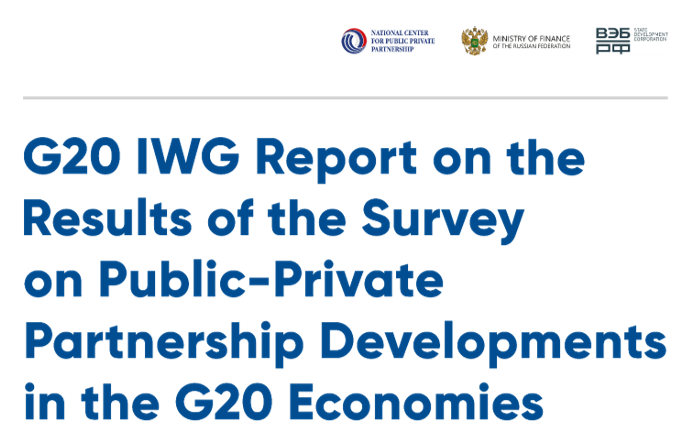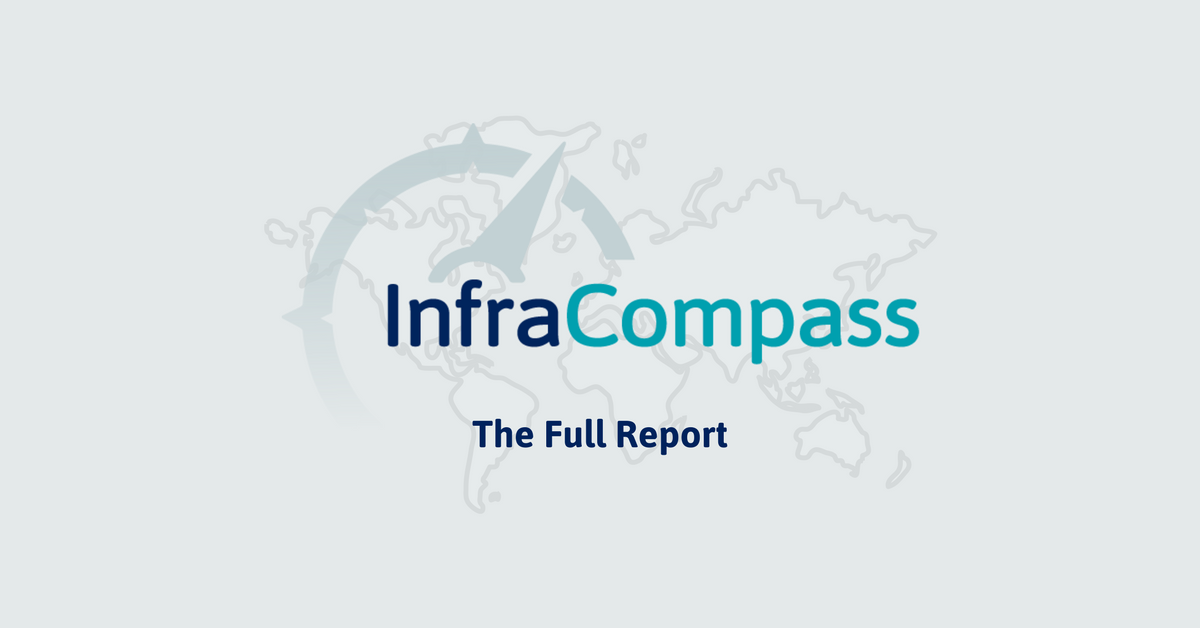Publications
Filter by
542 results found
The G20/OECD Principles of Corporate Governance help policy makers evaluate and improve the legal, regulatory, and institutional framework for corporate governance, with a view to supporting economic efficiency, sustainable growth and financial stability.

An updated Checklist on Long-term Investment Strategies and Institutional Investors stresses on issues related to the identification of long-term investment needs.

The G20/GI Hub Framework on How to Best Leverage Private Sector Participation to Scale Up Sustainable Infrastructure, which sets out opportunity areas and actions for the G20 to enable the private sector to scale up its investments in sustainable infrastructure.



In 2021, the Global Infrastructure Hub published the findings of a survey of G20 members that collected case studies and examples of projects or programs that demonstrate the benefits of QII or exemplify good practice in their countries or in recipient countries. This survey was undertaken at the request of the G20 Infrastructure Working Group (IWG). It can be accessed here.


At their 2014 Summit, the B20 called on G20 governments to apply best practice procurement processes in all large and/or publicly significant infrastructure projects.


The outcomes of the third G20 FMCBG meeting under the Indian G20 Presidency in 2023


The G20 Infrastructure Working Group (IWG) Survey on PPP Development underlying this Report provides reference on the frameworks for infrastructure financing through Public-Private Partnership in G20 economies





The G20’s Common Framework is a multilateral mechanism for the treatment of sovereign debt beyond the Debt Service Suspension Initiative (DSSI)

The Blueprint provides a set of evidence-based, voluntary, non-binding actions to advance the six elements of the G20 InfraTech Agenda.

A report providing quantitative analysis of ten EU National Resilience and Recovery Plans


InfraCompass is a tool for infrastructure policymakers. It objectively quantifies the strength of the infrastructure enabling environment by aggregating data for 81 countries, collectively representing 93% of global GDP and 86% of the world population.


This paper investigates the emerging global landscape for public-private co-investments in infrastructure.

The FCCL Framework was prepared in assistance with the World Bank under the IFPPP project and it comprises FCCL guidelines and the FCCL technical manual.

The goal of this paper is to estimate the additional annual spending required for meaningful progress on the SDGs in these areas. Our estimates refer to additional spending in 2030, relative to a baseline of current spending to GDP in these sectors.

Modules 1-4 (out of nine modules) of the PPP Manual systematically guide public and private parties through the phases of PPP project preparation for national and provincial governments.

This publication captures the proceedings of the forum, which featured presentations on the regional economic outlook and various financing schemes for urban infrastructure projects.


 3rd G20 FMCBG Outcome Document and Chair's Summary
3rd G20 FMCBG Outcome Document and Chair's Summary


